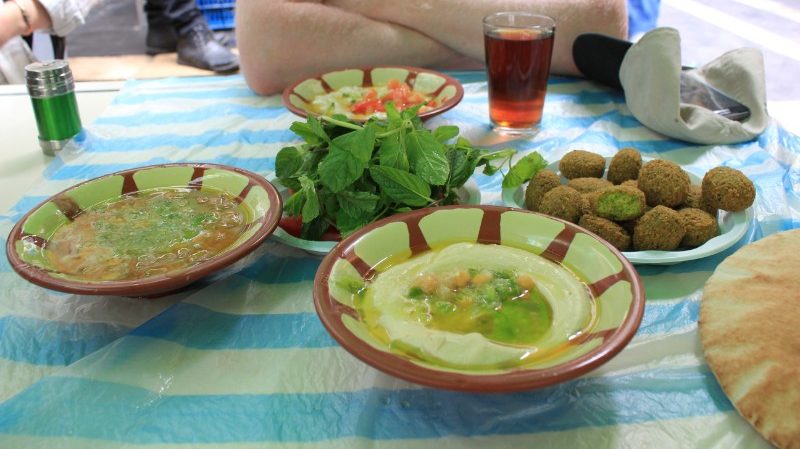Introduction: Exploring the Flavors of Jordanian Cuisine
Jordanian cuisine is known for its rich and diverse flavors. It is a blend of Mediterranean and Arab cuisine, which makes it unique and distinct. Jordanian food is not only delicious, but it is also healthy, with a wide range of vegetarian and meat-based dishes. Jordanian cuisine is characterized by its use of natural and fresh ingredients, which are often sourced from local markets. The country’s cuisine is influenced by its history and geography, which has led to a culinary culture that is both diverse and fascinating.
The Role of Spices in Jordanian Cooking
Spices play a significant role in Jordanian cuisine. They are used to enhance the flavor of dishes and add depth to the taste. Some of the most commonly used spices in Jordanian cooking include cumin, sumac, za’atar, and turmeric. Spices are often blended together to create unique flavor combinations and used in both savory and sweet dishes. One of the most famous spice blends in Jordan is za’atar, a blend of sumac, thyme, sesame seeds, and salt.
Popular Ingredients in Jordanian Cuisine
Jordanian cuisine features a wide range of ingredients, which include fresh herbs, vegetables, fruits, grains, and meats. Chickpeas, eggplants, cucumber, tomatoes, and peppers are commonly used in vegetable-based dishes, while lamb, chicken, and beef are popular meat options. Olive oil is a staple in Jordanian cuisine, and it is often used for cooking and dressing salads. Other popular ingredients include yogurt, tahini, and pomegranate molasses.
Unique Flavors in Jordanian Cooking
Jordanian cuisine is distinct in its use of unique flavors, which are often a result of the country’s rich culinary heritage. One unique ingredient used in Jordanian cuisine is jameed, a type of dried yogurt, which is used to add flavor to many dishes. Another unique ingredient is the use of rose water, which is used in desserts and drinks. Another unusual ingredient used in Jordanian cuisine is fenugreek, a seed that is often used in spice blends and is believed to have medicinal properties.
The Influence of Arab and Mediterranean Cuisine
Jordanian cuisine is influenced by both Arab and Mediterranean cuisine, which is reflected in the country’s diverse culinary traditions. The use of olive oil, flatbread, and grilled meats are just some of the Mediterranean influences in Jordanian cuisine. The use of spices, such as cumin and coriander, is a reflection of the country’s Arab heritage.
Conclusion: Discovering the Richness of Jordanian Cuisine
Jordanian cuisine is a unique and fascinating blend of Mediterranean and Arab cuisine. The country’s cuisine is characterized by its use of fresh and natural ingredients, spices, and unique flavor combinations. Jordanian cuisine is not only delicious but also healthy, with a wide range of vegetarian and meat-based dishes. The culinary culture of Jordan is a reflection of its rich history and geography, and it is something that everyone should experience.

